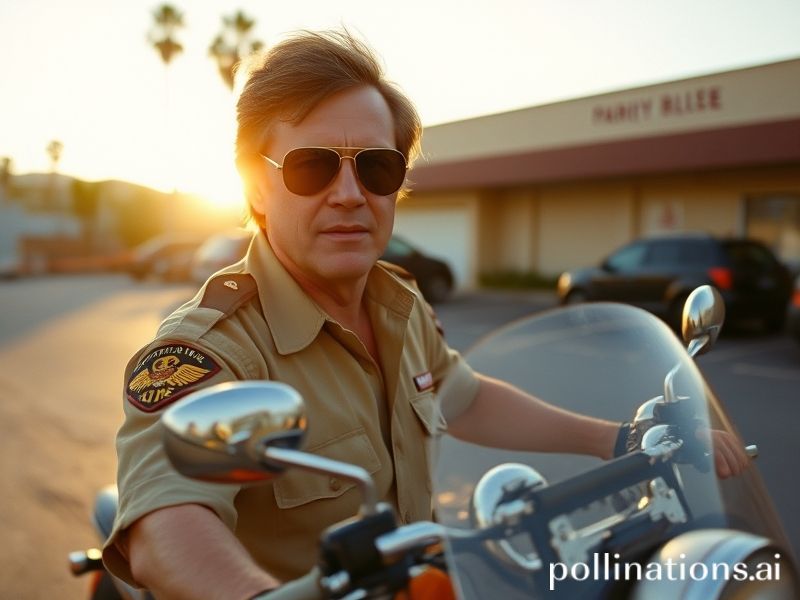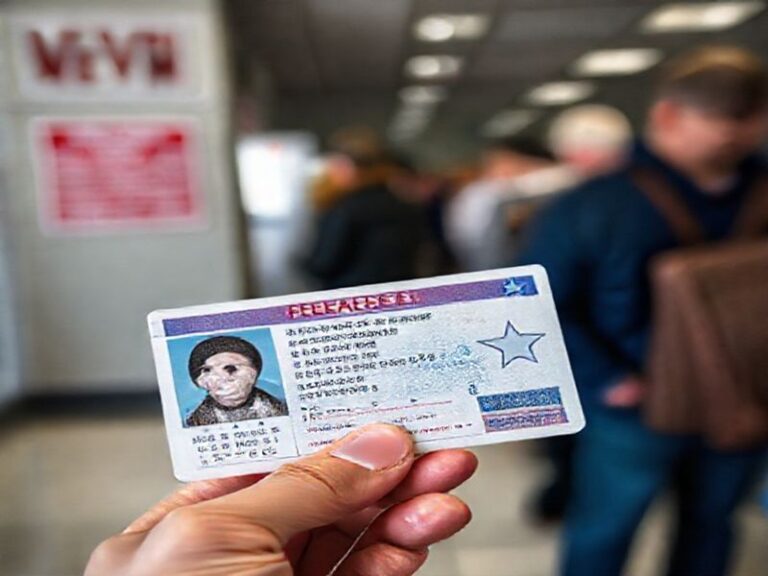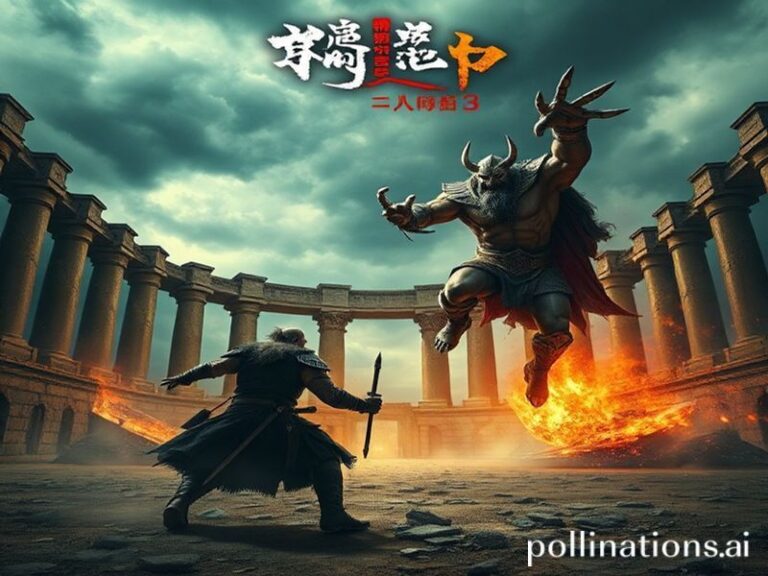Larry Wilcox: The Unlikeliest Cold War Envoy on Two Wheels
Larry Wilcox, the Man Who Rode a Motorcycle into the Cold War: A Global Post-Mortem on CHiPs and Geopolitical Kitsch
If you squint at the 1970s hard enough, they look like a half-remembered fever dream sponsored by cheap gasoline and cheaper morals. Somewhere in that haze sat Officer Jon Baker—California tan, mirrored sunglasses reflecting both palm trees and the existential dread of détente—played by Larry Wilcox, an actor whose career quietly mapped the rise and fall of American soft power like a time-lapse photo of an empire getting a parking ticket.
Wilcox himself never invaded a country (unless you count prime-time ratings), yet the ripple effects of his toothy grin reached farther than most carrier groups. In Warsaw Pact basements, bootleg VHS tapes of CHiPs flickered next to samizdat copies of Orwell; teenagers who couldn’t legally buy jeans watched two traffic cops on Kawasakis and concluded that freedom smelled faintly of exhaust, coconut oil, and the faint possibility of a just society where even the highway patrol looked like catalog models. The irony, of course, is that Wilcox’s character spent most episodes rescuing kittens and scolding speeders—hardly the stuff of counter-revolution—yet this bland decency became, in the fun-house mirror of late socialism, a revolutionary act.
Back in the United States, Wilcox’s on-screen virtue served as a convenient tranquilizer. While the real Highway Patrol was busy infiltrating Black Panther breakfasts and the LAPD was inventing new ways to repurpose batons, Jon Baker offered the soothing fiction that authority could be both handsome and benign. The global audience read it differently: if this was what American cops looked like, went the reasoning, imagine how cool their rock stars must be. Soft power, unlike hard power, rarely announces itself with shock and awe; sometimes it just cruises by on a 1000-cc bike, helmet hair flapping in the Santa Ana winds.
When the Berlin Wall finally fell—partly, one suspects, under the accumulated weight of all that smuggled pop culture—Wilcox had already been written off the show, replaced by increasingly baroque plots involving drug-smuggling nuns and Evel Knievel cameos. The world moved on to Baywatch, which substituted surfboards for motorcycles but kept the essential formula: toned bodies, moral simplicity, and the promise that somewhere in California, problems could still be solved in 48 minutes plus commercials.
Today, Larry Wilcox exists in the liminal space reserved for cultural totems who outlive their moment: not quite forgotten, not quite revered. Type his name into a search engine and you’ll find him hawking nutritional supplements on late-night infomercials, a fate marginally more dignified than reruns dubbed into Pashto on dusty Afghan televisions. Meanwhile, the motorcycles he rode—KZ-1000s, once symbols of swagger—now sell at vintage auctions to hedge-fund dads nostalgic for a time when geopolitics could be solved by good hair and a firm jawline.
And yet the joke is on us. In an era when state propaganda comes algorithmically customized and every border has a TikTok filter, the earnest cheese of CHiPs feels almost avant-garde. No deepfakes, no ironic memes—just a man, a bike, and a theme song so relentlessly upbeat it could restart the Cold War out of sheer optimism. Viewed from Brussels, Beijing, or Brasília, the spectacle reads like a dispatch from a lost civilization that believed traffic violations were the worst thing nations could inflict upon one another.
So here’s to Larry Wilcox: accidental diplomat, unwitting Cold War cavalryman, and living reminder that history sometimes arrives wearing mirrored shades and a uniform two sizes too tight. If the world is going to hell, at least we can enjoy the ride—provided, of course, we stay within the speed limit.







